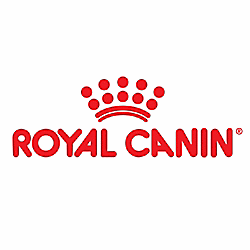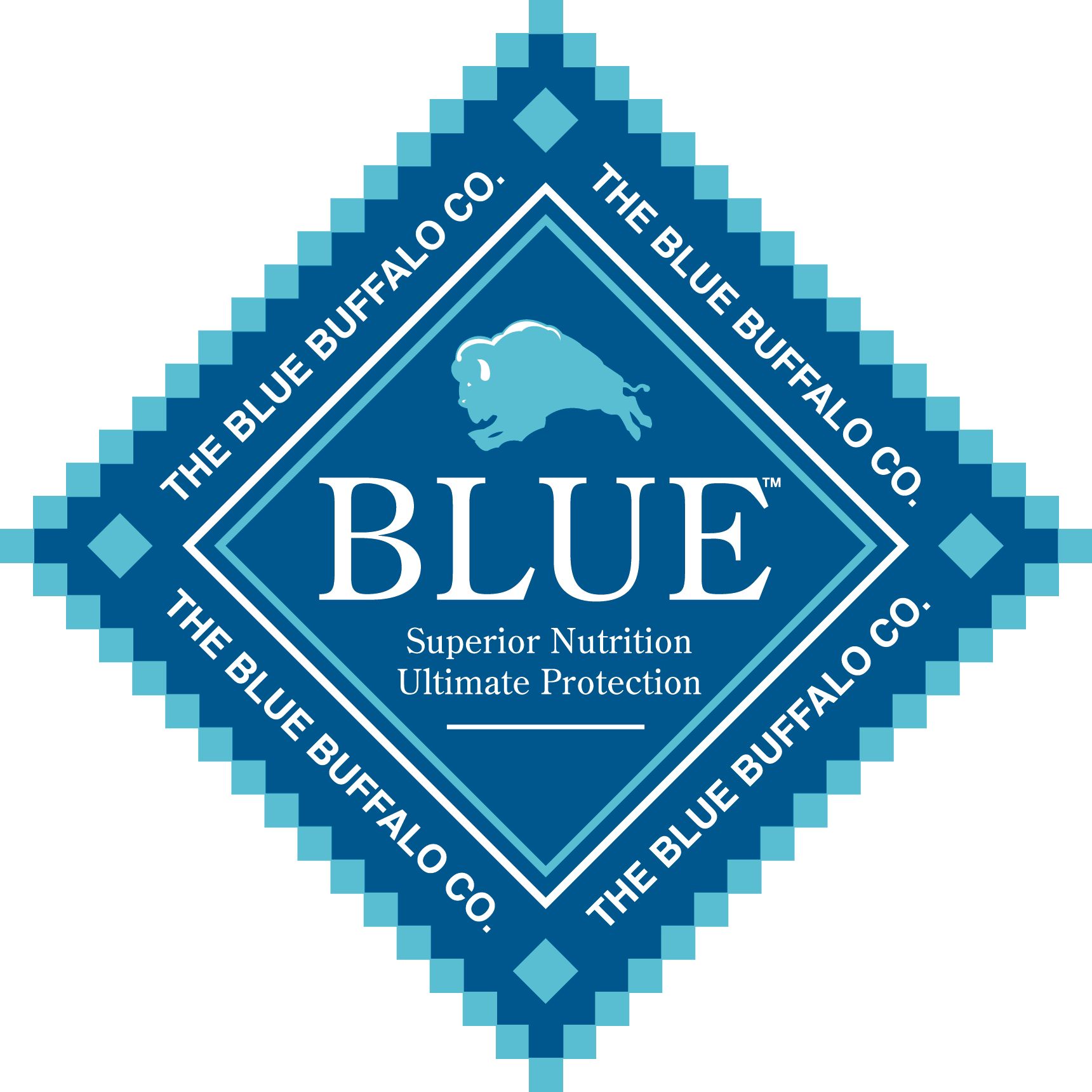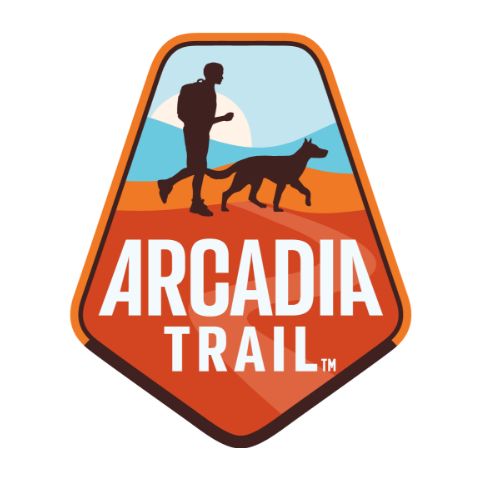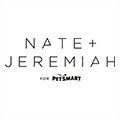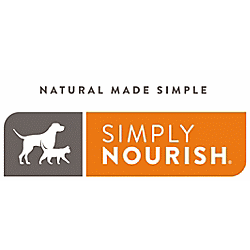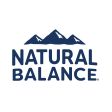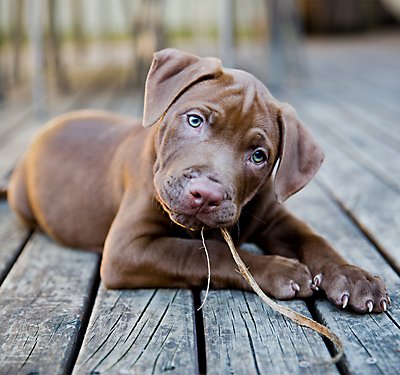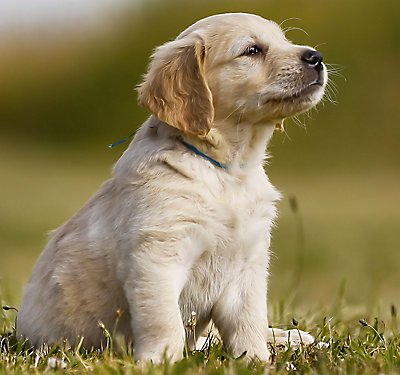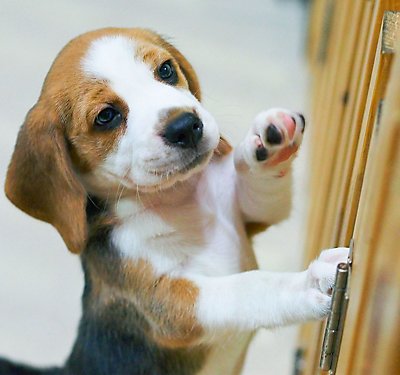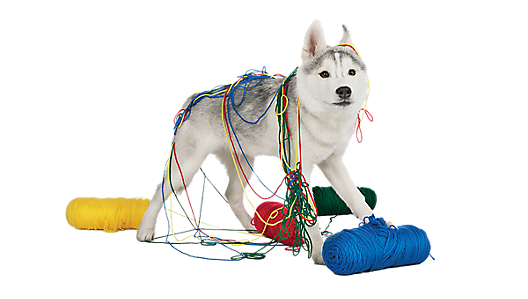
 top
top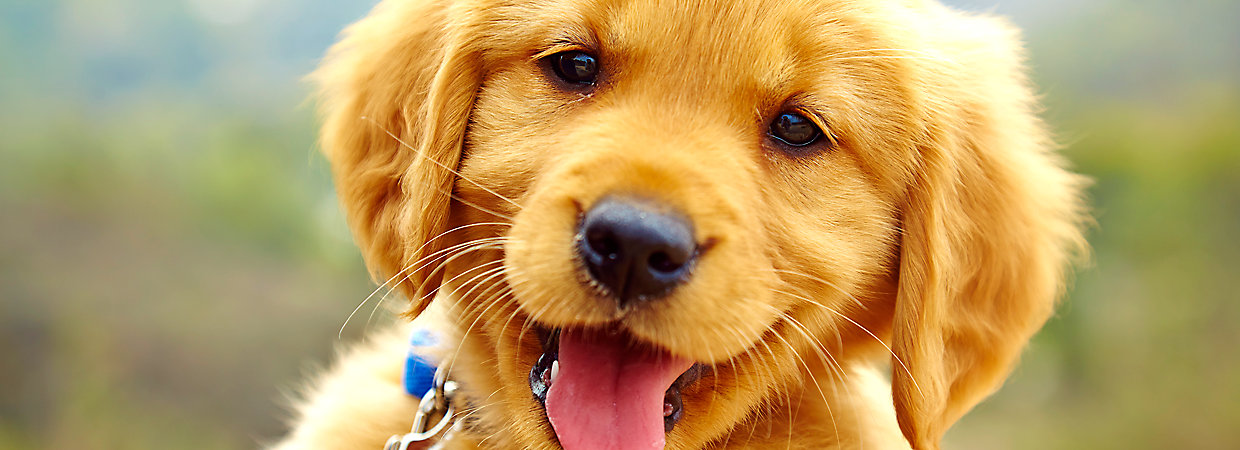
DOG / new pets
Puppy supplies: the essentials
Everything you need the day you bring your new pup home.
Overview
For dog lovers, few things in life are more exciting than bringing home a new puppy. Just imagine the years of joyful play, long walks and warm companionship you have ahead of you! To make your new family member’s transition as easy as possible, you’ll want to stock your home with all the puppy supplies you’ll need for the first day and the coming weeks.
What essential items do I need for a puppy?
The first items on your list of puppy supplies should be everything you need to keep your puppy fed, safe and secure. Here are the supplies you’ll need on day one.
- Puppy food: There are dozens of puppy food brands to choose from. It’s best to choose puppy food with high-quality ingredients that help to keep your puppy healthy. Check with your veterinarian about the puppy food they recommend for your breed.
- Food and water bowls: Choose sturdy bowls that can’t be tipped over by your dog. Stainless steel, stoneware or ceramic dog bowls are preferred over plastic, which can harbor bacteria if not well cleaned. Dishwasher-safe bowls will make regular cleaning easier. Elevated bowls help reduce strain on your pup’s neck as it eats and drinks.
- Collar: Your puppy’s first job is to grow, so you’ll need an adjustable collar made from cotton or nylon.
- Harness: When walking, a harness gives you more control over your puppy’s movement and reduces the strain on its neck.
- Crate: A puppy crate gives your dog a confined space to help it feel safe and comfortable in its new home. Crates are also really helpful for potty training and for containing your dog when you’re away from the house or when you don’t want the puppy interacting with guests.
- Bedding: Puppies sleep a lot, and a dog bed is a perfectly cozy place to curl up. If you’re using a crate, be sure the bed will fit comfortably inside it.
- Toys: When puppies aren’t sleeping hard, they’re playing hard. To keep your dog entertained and mentally stimulated, offer a variety of dog toys with different textures, sounds and shapes. Puzzle toys engage your pup’s curiosity and teach new skills, rewarding them with treats. Heartbeat toys are warm, plushy dolls with a heartbeat that can help to calm a new pup that’s used to sleeping in a pile of littermates.
- ID tags: Be sure to attach ID tags to your dog’s collar in case your pup manages to slip away or break free during a walk.
- Poop bags: You’re going to need a lot of these!
- Dog gates: Gates help prevent your pup from wandering into unsafe parts of the house or attempting to navigate stairwells before they’re ready.
All the additional puppy supplies for life with your new friend.
Along with essential puppy supplies, these puppy accessories help to keep your dog safe, healthy and engaged.
- Grooming supplies: To keep your pup looking its best, you’ll need a comb or brush, shampoo and conditioner for the bath, and nail clippers.
- Chewing deterrent: Use a deterrent like bitter apple spray to coat chair legs, baseboards and anything else you don’t want your pup to gnaw on.
- Exercise pen: A dog playpen gives your pup room to roam while protecting it from hazards in your home – and protecting your home from your puppy’s teeth and potty mistakes.
- Puppy pads: If you live in an apartment or someplace where it takes a bit of time to get outside, puppy pads are a great house-training aid. These absorbent pads help teach puppies where it’s acceptable to go to the bathroom, and you can use them to manage the transition to outdoor training.
- Car restraint: When traveling with your dog, you’ll either need a travel carrier or a seatbelt harness to keep them safe from sudden stops.
- First aid kit: This includes basic supplies for minor injuries and emergencies. Kits might include gauze pads, adhesive tape, bandages and hydrogen peroxide for temporarily treating and cleaning any wounds and cuts. Tweezers can help remove splinters, ticks and other objects from your pup’s skin. You might also consider including triple antibiotic ointment in your first aid kit as well as eye wash in case something gets in your pet’s eyes.
- Cleaners: No matter how careful you are and how quickly your pup potty trains, accidents will happen. An enzyme-based cleaner that breaks down urine will help remove the smell completely to prevent your pup from going in the same place again.
- Puppy teething toys: Around 16 to 20 weeks of age, your puppy is going to have a teething spell that may last 4 to 5 months. As baby teeth come out to make room for adult teeth, your pup is going to have some oral discomfort, and a variety of puppy teething toys can help to relieve the pain and irritation.
- Dental care: Brushing teeth is an essential part of your pup’s oral health, and the sooner you start, the easier it is to acclimate your dog to regular brushing.
- Flea and tick treatment: Your vet will recommend the most appropriate flea and tick treatment for your dog.
Puppy supplies for training.
Training is a fun and engaging experience for dogs and their human parents. These essential puppy training supplies will help you easily mix training activities into your daily routine.
- Clicker: In dog training, a click with a clicker – followed immediately by a treat – is a highly effective way of helping your dog identify the exact behavior you’re looking for.
- Chewing deterrent: Use a deterrent like bitter apple spray to coat chair legs, baseboards and anything else you don’t want your pup to gnaw on.
- Dog Training Harnesses: Consider using a puppy training harness. These are a popular option when training your dog to offer greater control and comfortability compared to a standard dog collar. There are a variety of puppy training harnesses to choose from for both large and small dogs. It is important to make sure you select the right size harness for your dog so that your pet is comfortable.
- Training treats: Use a mix of low-value and high-value dog treats for positive reinforcement during training and behavior modification.
- Treat pouch: Rather than filling your pockets with highly aromatic treats, keep your training treats in a washable, stink-resistant pouch or belt. Treat pouches keep treats nearby, so you can quickly reward your pup on the spot, helping to enforce positive behavior more effectively.
- Training books: There are tons of dog training guides out there – ask your vet or other dog owners about their favorites.
FAQs.
Q: What are the basic needs of a puppy?
A: A puppy's basic needs include proper nutrition, a safe and comfortable living space, regular veterinary care, socialization, exercise and training. Love, attention and appropriate puppy supplies will help ensure your puppy grows into a healthy and well-adjusted dog.
Q: What supplies do I need to get for a new puppy?
Essential puppy supplies include food and water bowls, high-quality puppy food, a crate and bedding, collar and leash, ID tags, poop bags and training treats.
Q: How often should I feed my puppy?
A: Puppies typically need to be fed three to four times a day. Follow your veterinarian’s recommendations and the feeding guidelines on your puppy’s food packaging.
Q: How can I housetrain my puppy?
A: Consistency is key. Use a crate, take your puppy outside frequently and reward them for going potty outside. Puppy pads can also be useful during the house training process.
Q: When should I start training my puppy?
A: Start training your puppy as soon as you bring them home. Basic commands, socialization and housetraining should begin right away.
Q: How do I choose the right toys for my puppy?
A: Select toys that are appropriate for your puppy’s size and chewing strength. Make sure they are made from safe, durable materials.
Q: How often should I take my puppy to the vet?
A: Puppies require several vet visits for vaccinations and check-ups during their first year. Follow your vet’s recommended schedule for appointments.
Q: What type of bedding is best for my puppy?
A: Choose soft, washable bedding that fits comfortably in your puppy’s crate. Avoid materials that can be easily chewed and swallowed.
Related Articles.
- 4 Tips for Choosing the Best Puppy Food
- Unleashing the Secrets of Puppy Behavior
- Containing Your Canine: Dog Gates and Pens
Need other puppy supplies in addition to food, crates, puppy wormers, puppy litter boxes and dog collars harnesses & leashes? PetSmart carries everything you’ll need for a new puppy, along with supplies for cats, birds, fish, reptiles, small animals and more.
PetSmart also offers convenient shopping with Curbside Pickup or in-store pickup. Need something today? We have select items available for Same-Day Delivery in most areas powered by DoorDash. For items you purchase frequently, PetSmart has Autoship that automatically delivers the items you want to your door as often as you’d like. Check the website to see which items are eligible.
Information in this article is not intended to diagnose, treat or cure your pet and is not a substitute for veterinary care provided by a licensed veterinarian. For any medical or health-related advice concerning the care and treatment of your pet, contact your veterinarian.

